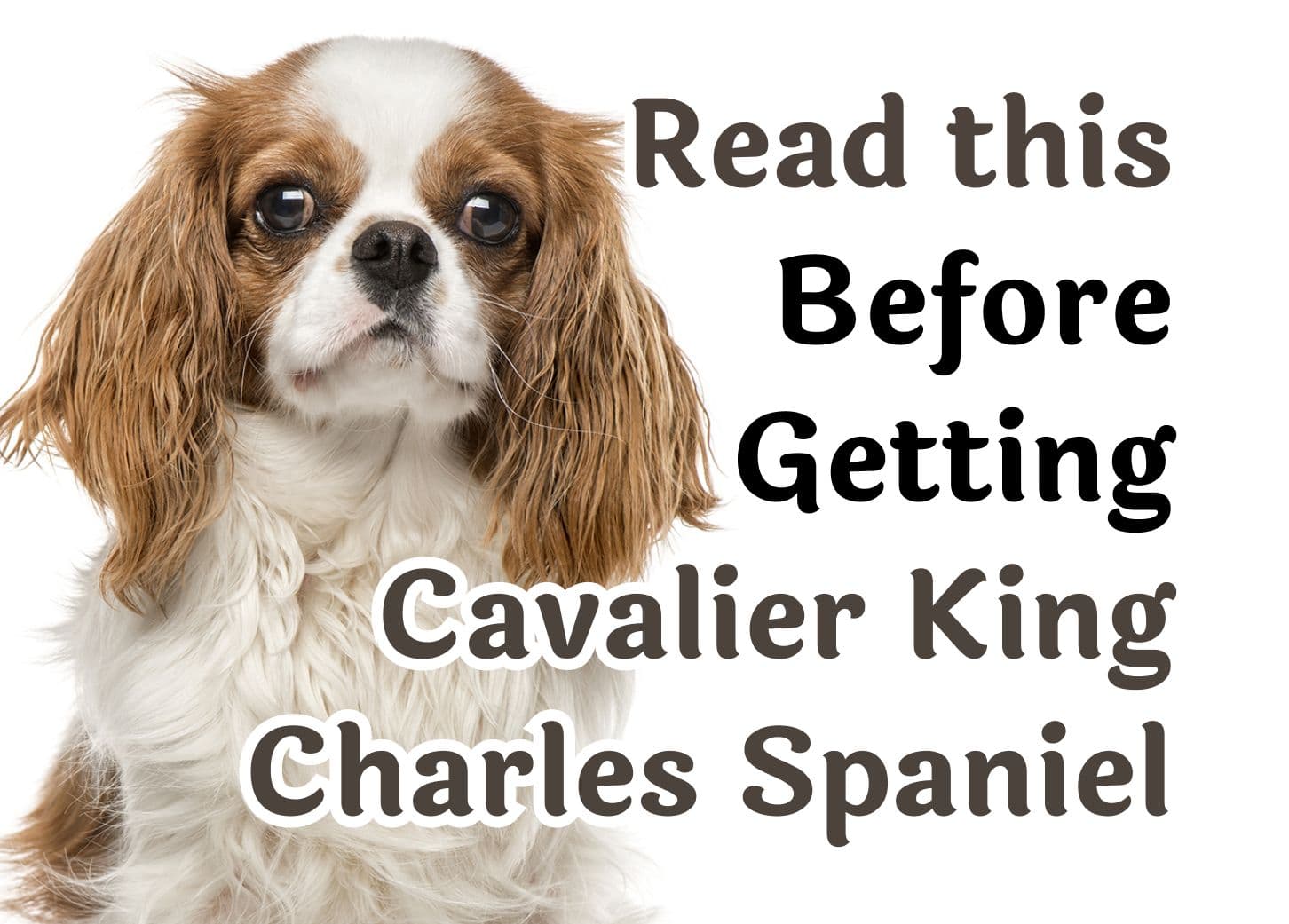What to Think About Before Getting a Cavalier King Charles Spaniel

Cavalier King Charles Spaniels might be one of the most lovable toy breeds out there — and not just because they’re cute. They’ve got the heart of a big dog, the loyalty of a best friend, and the couch-snuggling skills of a pro. If you’re considering adding one to your life, here’s what you really need to know from someone who’s worked with and cared for a lot of dogs over the years.
Personality: Sweet, Social, and Velcro-Like
Cavaliers live for companionship. They’re the kind of dogs who follow you from room to room, not because they need something — they just want to be near you. That makes them incredibly affectionate, but also prone to separation anxiety. If you're gone for hours every day with no one home, this might not be the breed for you unless you’ve got a solid plan for dog sitters or company.
They’re great with kids, get along well with other dogs, and even tend to do fine with cats (thanks to their low prey drive). That said, early socialization always helps smooth things out.
Smart and Eager to Please (Mostly)
Cavaliers are clever and easy-going, which makes training a lot more manageable — especially obedience and simple commands. Potty training, though, can take a bit longer (pretty normal for toy breeds). Be patient and consistent. Treats help. So does a regular schedule.
They’re also surprisingly playful and enjoy games and problem-solving. You can teach them tricks, puzzle games, or even agility basics if they’re into it.
Exercise Needs: More Than You’d Think
They’re small, but they’re not lazy lapdogs. Cavaliers need a couple of solid walks a day (around 30–40 minutes each), plus playtime at home or in the yard. They love to chase birds, so always keep them leashed outside unless you're in a secure area. Trust me — they will take off after a pigeon if given the chance.
Having a yard is a plus, but not essential. They do just fine in apartments as long as they get their daily exercise.
Grooming: Manageable But Consistent
Cavaliers have soft, medium-length, slightly wavy coats — and yes, they do shed. Regular brushing (a few times a week) keeps their coat smooth and helps control shedding. They’re not high-maintenance, but you’ll still need to stay on top of the basics: occasional baths, ear and eye cleaning, and nail trims. And no, they’re not hypoallergenic.
Health: Watch for Key Issues
While generally healthy, Cavaliers can be prone to a few genetic conditions, especially if not bred responsibly. The big ones to watch for include:
- Mitral Valve Disease (MVD)
- Hip Dysplasia
- Luxating Patella
- Episodic Falling Syndrome
Always work with a reputable breeder who does proper health testing — or consider adopting from a rescue that screens for health issues. Regular vet checkups and keeping an eye on symptoms early can make a big difference.
Life Expectancy: 9–14 Years
With good care, it’s not unusual for Cavaliers to live into their mid-teens. Daily exercise, a balanced diet, and regular vet visits go a long way.
Size and Looks
Cavaliers are one of the larger toy breeds — around 12–13 inches tall and 13–18 pounds. They come in four beautiful coat colors: ruby (solid red), Blenheim (chestnut and white), tricolor (black, white, and tan), and black and tan.
Swimming and Escape Habits
They tend to enjoy swimming, but always supervise them — they’re small and can tire quickly. As for escaping? They’re not big diggers or jumpers, but that bird-chasing instinct is strong. Keep yards fenced and doors secure.
Cost and Gender Differences
Buying from a reputable breeder usually costs between $1,000 and $2,500, depending on lineage and location. Adopting from a rescue can be much cheaper — sometimes under $400.
As for male vs. female? Females are typically calmer, while males can be a bit more enthusiastic and playful. Both are lovely — it just depends on your home dynamic and energy level.
Bottom line: Cavaliers are joyful, gentle, and incredibly loving dogs. They’re great for families, singles, seniors — just about anyone who can offer companionship and care. But they’re not low-maintenance. They need your time, attention, and a bit of exercise every day.
If you’re looking for a small dog with a big heart and don’t mind a little clinginess, a Cavalier King Charles Spaniel could be the perfect fit.
Take the Quiz
Is a Cavalier King Charles Spaniel Right for You?
The Cavalier King Charles Spaniel is a charming and affectionate toy breed known for its gentle demeanor. Discover if this loving companion is the perfect match for your lifestyle by taking our quiz! Answer all questions below to discover your compatibility score and get personalized insights.
Question #1: What is the main reason you want a dog?
Question #2: How active is your lifestyle?
Question #3: How much time can you dedicate to your dog daily?
Question #4: What best describes your home environment?
Question #5: What size dog do you prefer?
Question #6: What personality traits do you want in your dog?
Question #7: How much grooming can you handle?
Question #8: Who else lives with the dog?
Question #9: Is this your first dog?
Please answer all 9 questions to see your results
